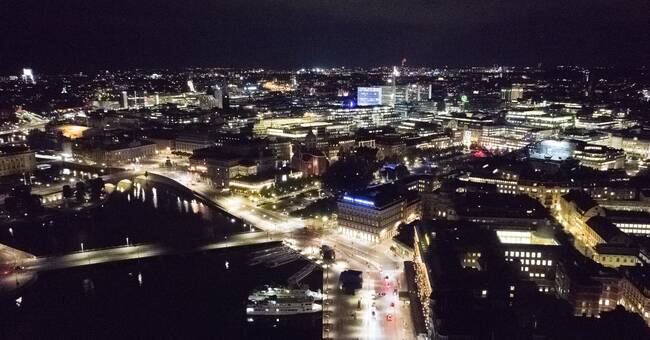Animals exposed to light at night have lower levels of the sleep hormone melatonin.
It shows a summary of more than a hundred studies that examined the effects of night light on animals and nature.
The worst were the effects on animals that are active at night.
- This study is important because meta-analyzes have been carried out that examined many organisms at once and how they were affected.
It shows both that there are positive and negative effects on organisms.
It can have a positive effect on a species that hunts in light, for example, says Annika Jägerbrand, professor of environmental science at Jönköping University.
Night-active animals feel worse
The study found that all animals exposed to artificial light at night had less of the sleep hormone melatonin.
But the biggest impact was on nocturnal animals.
- This study shows a major negative on nocturnal animals when it comes to life history.
It could be about their size or survival.
This means that they feel worse and are more sensitive to light pollution, says Annika Jägerbrand.
It did not seem to matter how strong the light was.
- You can imagine that you try to reduce the effect to affect as little as possible, but then you can ask yourself if it helps.
The recommendations for not having any ecological impact become more complicated.
Because then you do not know in what way the light affects, says Annika Jägerbrand.
"Light pollution must be reduced"
Annika Jägerbrand's research has contributed to a UN report with recommendations on how light pollution can be reduced internationally.
She says that researchers, both in ecology and light, want light pollution to be reduced.
- We know that there is an impact on animals and nature and there can also be an effect on humans.
When looking at light compounds from satellite-based measurements and doing regression analyzes, researchers have seen associations with certain types of cancer, diabetes and sleep disorders.
Annika Jägerbrand says that we need to pay special attention to nocturnal animals such as bats, insects and reptiles.
- One thing is that we can plan our light better, with zones where you do not have artificial light at night in, for example, nature reserves.

